US, Saudi Arabia conspiring freely, openly against Hezbollah in run-up to elections: Senior official
A senior Hezbollah official has censured the United States and Saudi Arabia for intervention in Lebanon’s domestic affairs, stressing that Washington and Riyadh are conspiring against the resistance movement in the run-up to the parliamentary elections, set to take place on March 27.
“Lebanon has been an open field to foreign interference. US and Saudi officials have been freely and openly holding meetings with representatives of various Lebanese (political) factions,” Sheikh Nabil Qaouk, a member and deputy head of the executive council of Hezbollah, said at a ceremony in the southern Lebanese village of Ayta ash Shab on Thursday.
“The aim of such meetings is to disseminate lies against Hezbollah in order to slander the resistance movement, and pit ordinary people against the group.”
Sheikh Qaouk stressed that Hezbollah, therefore, sees no reason to delay next month’s parliamentary elections.
“Anti-Hezbollah campaigns are being sponsored by outsides in the run-up to the legislative polls. They are on the rise as elections draw near,” he noted.
On January 30, Sheikh Naim Qassem, deputy leader of Hezbollah, said, "All indications are that the parliamentary elections will take place on time.”
Hezbollah does not expect the election to yield a result much different to 2018, Sheikh Qassem said, dismissing what he described as expectations of parliament being turned "upside down."
Hezbollah opinion polls across Lebanon showed "the results of the election will be close to the make-up of the current parliament, with slight changes that do not affect the general make-up," he said.
Hezbollah's adversaries hope to overturn the majority won by the group and allies including President Michel Aoun's Christian Free Patriotic Movement in 2018.
Since late 2019, Lebanon has been mired in a deep financial crisis that has caused the Lebanese pound to lose around 90 percent of its value to the US dollar and led its banking system to collapse, plunging the bulk of Lebanese into poverty.
The economic and financial crisis is mostly linked to the sanctions that the United States and its allies have imposed on Lebanon as well as foreign intervention in the Arab nation’s domestic affairs.
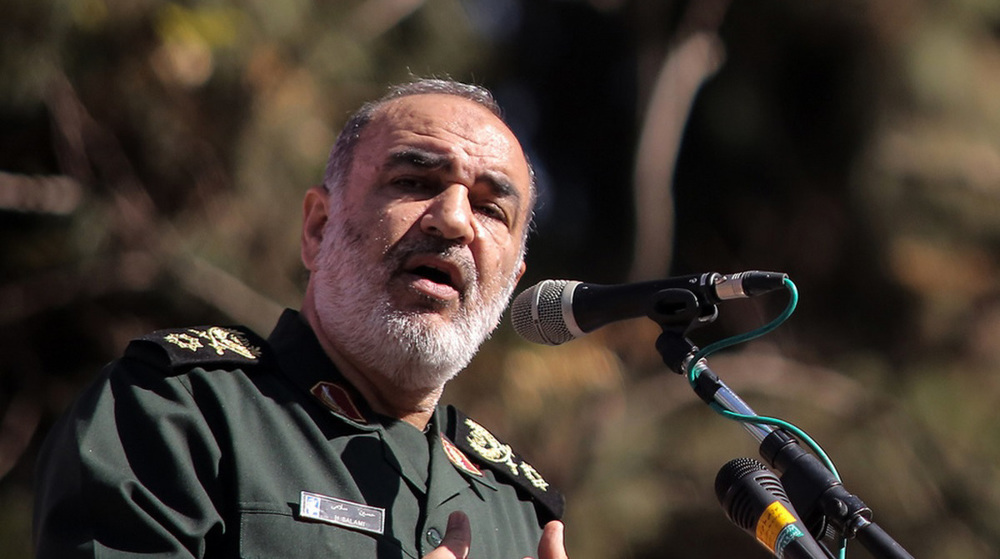
Flying warplanes over Beirut funeral exposed enemy’s fear of power, unity of nations: IRGC
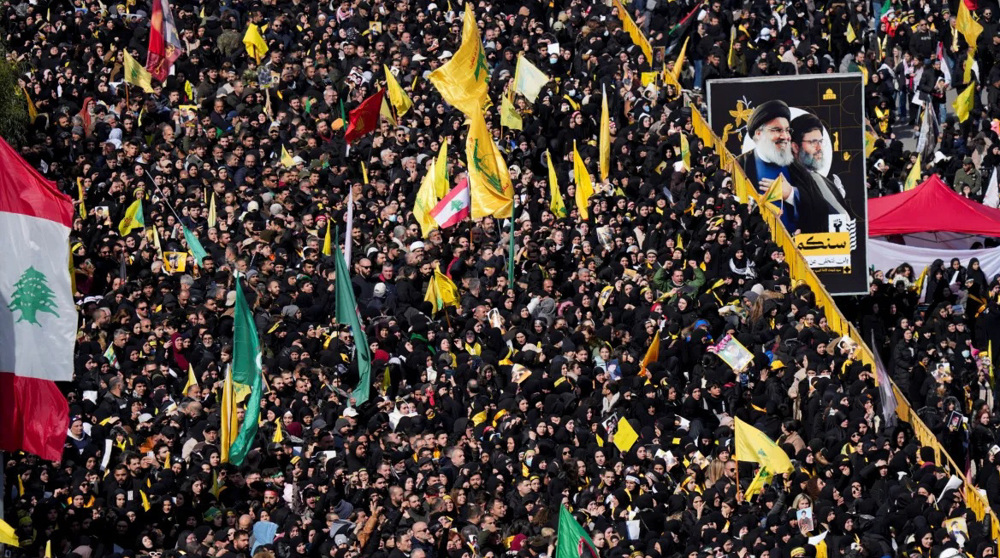
Hezbollah's display of power proved resistance cannot be eliminated: Iran parl. speaker
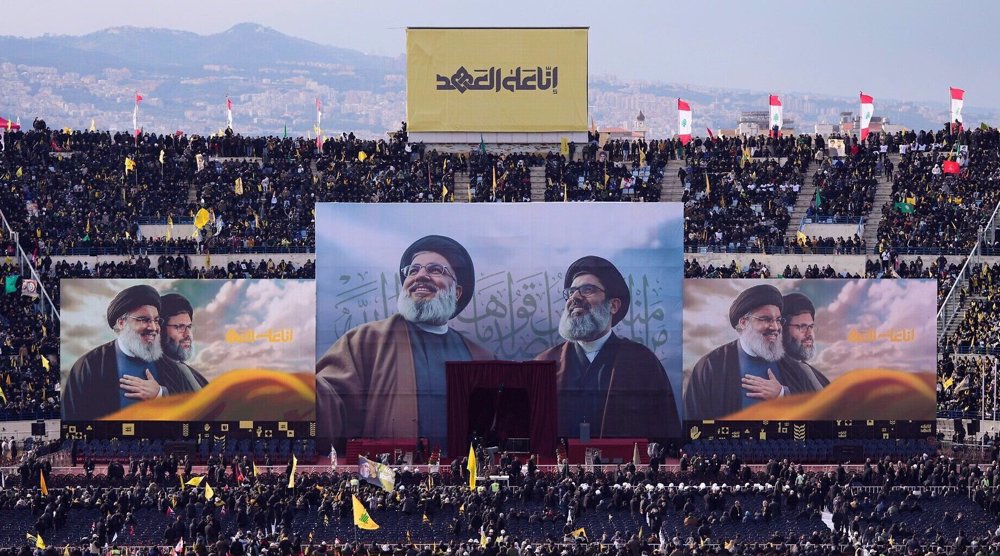
Nasrallah shattered myth of Israeli military’s invincibility: Top Yemeni official
Iran bans exports of some crops amid soaring domestic prices
VIDEO | Gazans striving to survive with bare hands
'Shocking attack on free expression': Canadian politician slams arrest of pro-Palestine activist
West Bank Palestinians fear Gaza style destruction as Israel escalates raids
Hamas: Ibrahimi Mosque massacre testament to Israel’s criminal policy
Trump eyes Ukrainian rare earth minerals in exchange for military support to Kiev
Six Gaza children, including newborn girl, die of cold weather as Israel blocks aid
Iran rules out nuclear talks with US amid ‘maximum pressure’ campaign


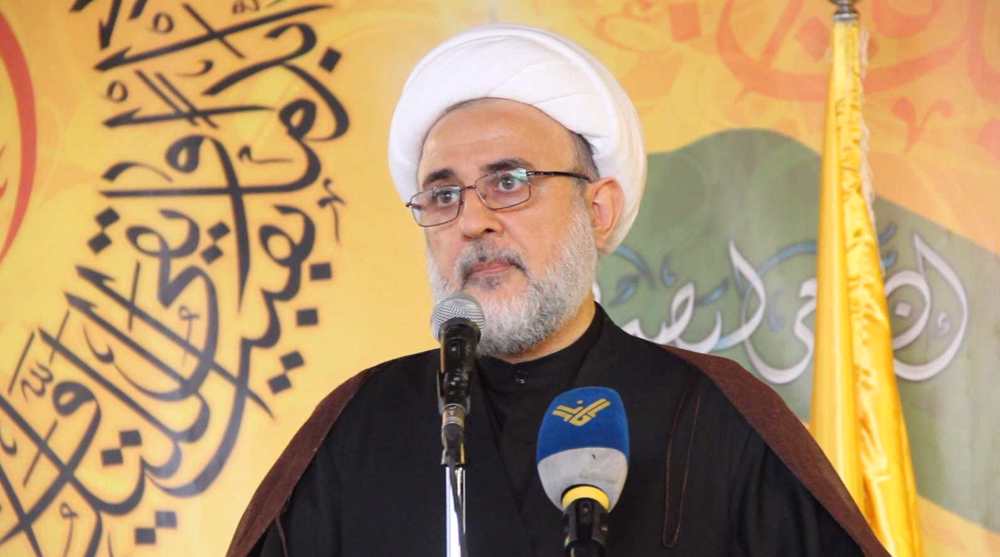
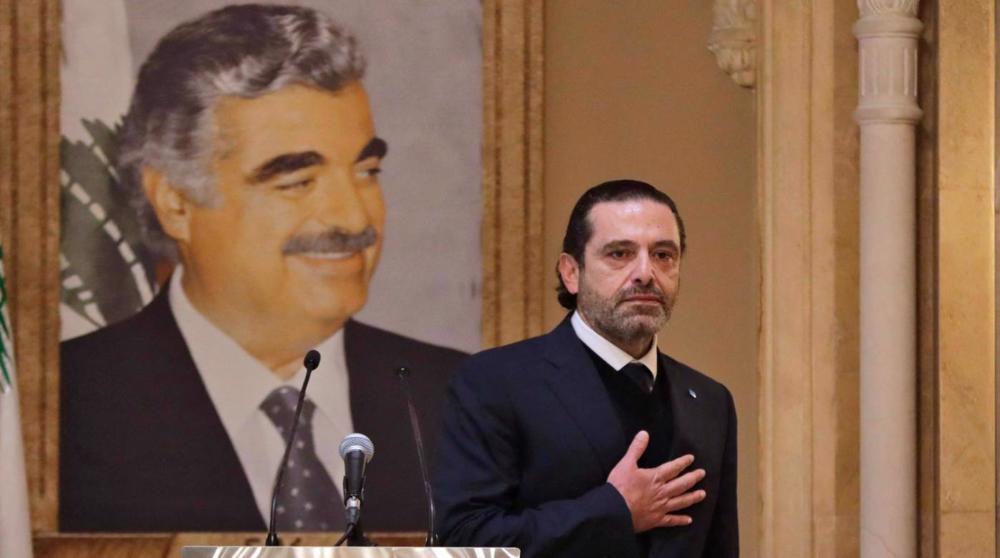
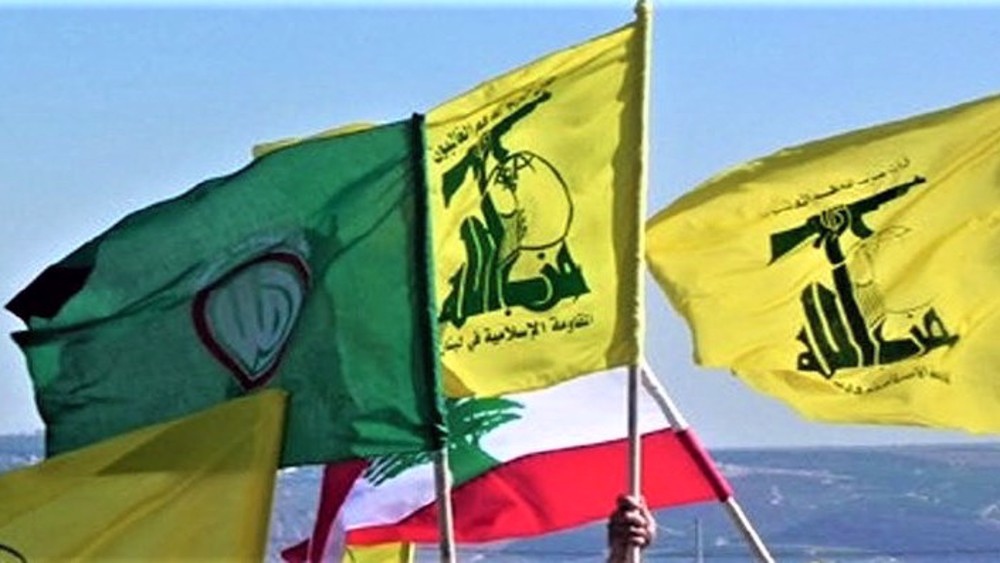



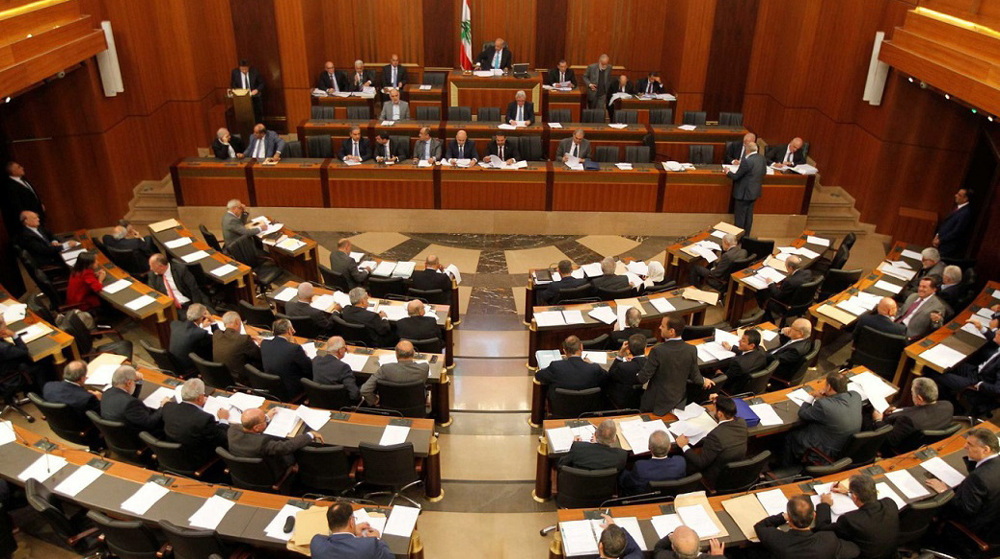
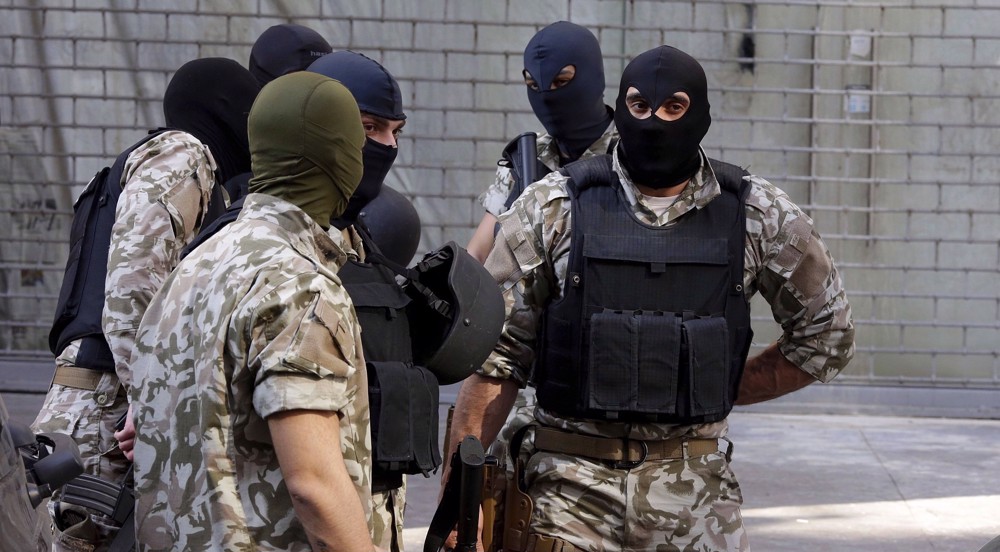
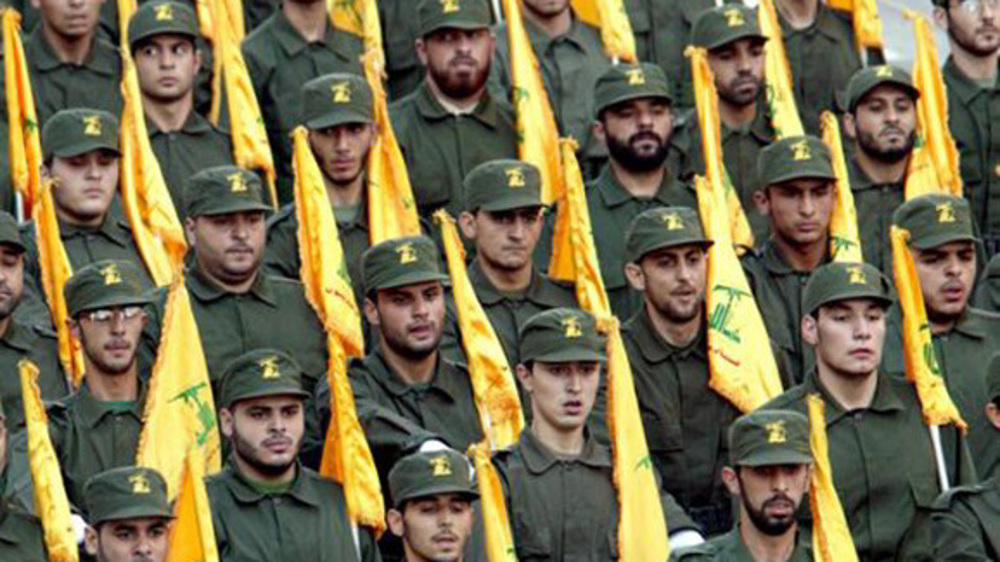
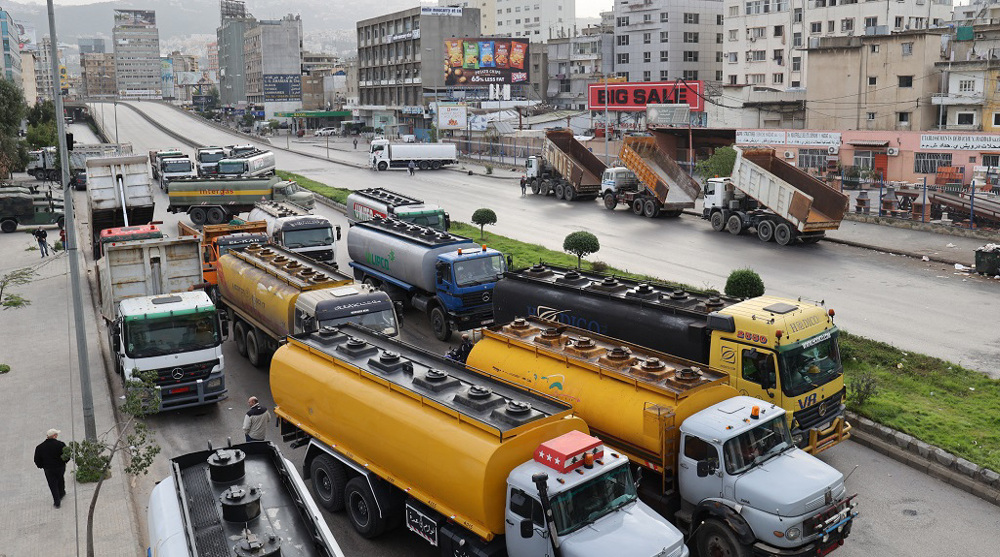
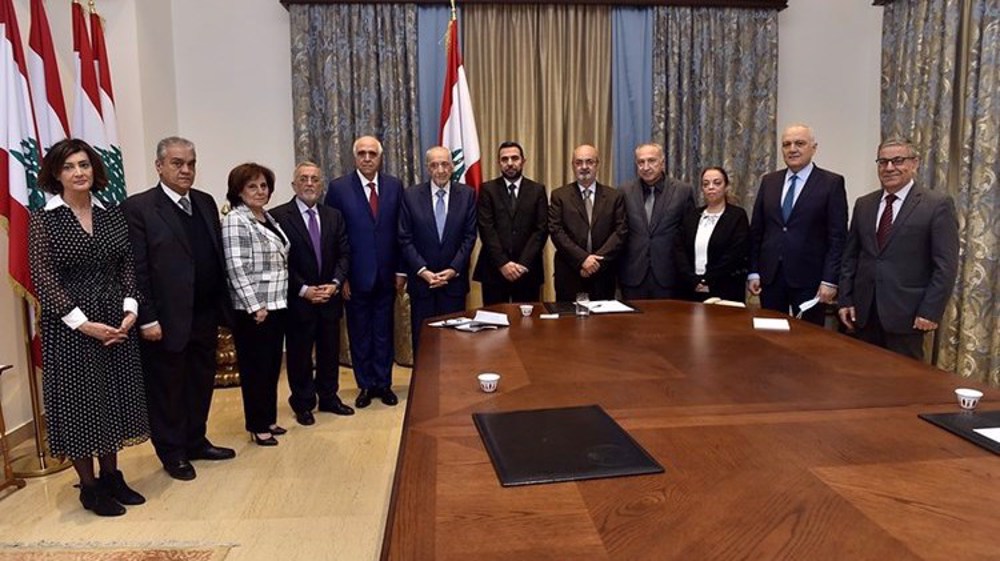
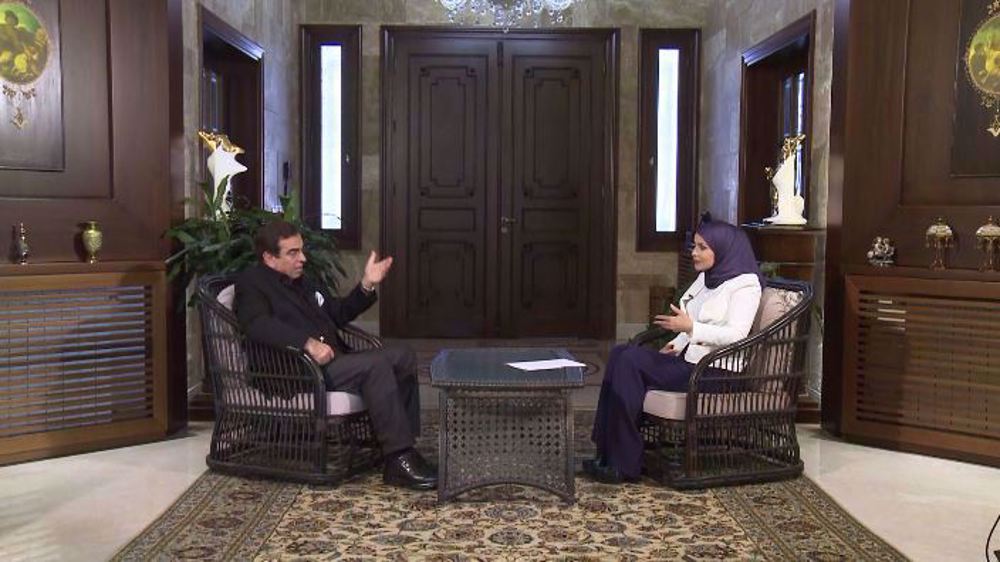
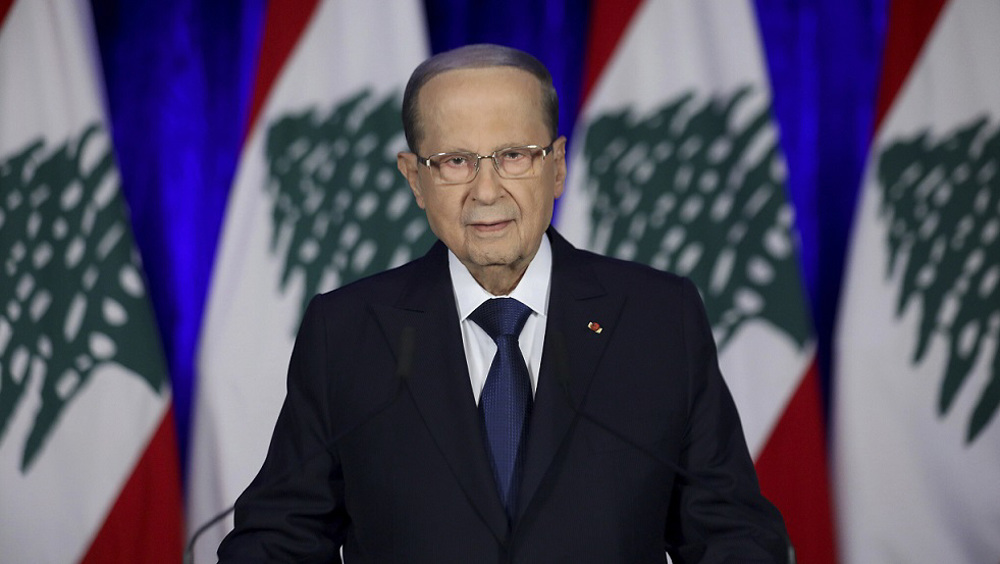
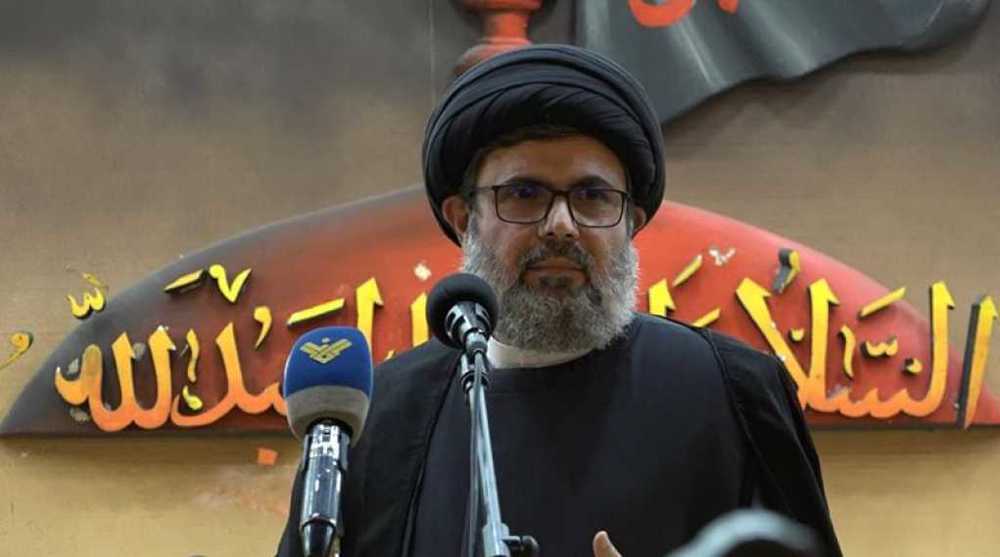
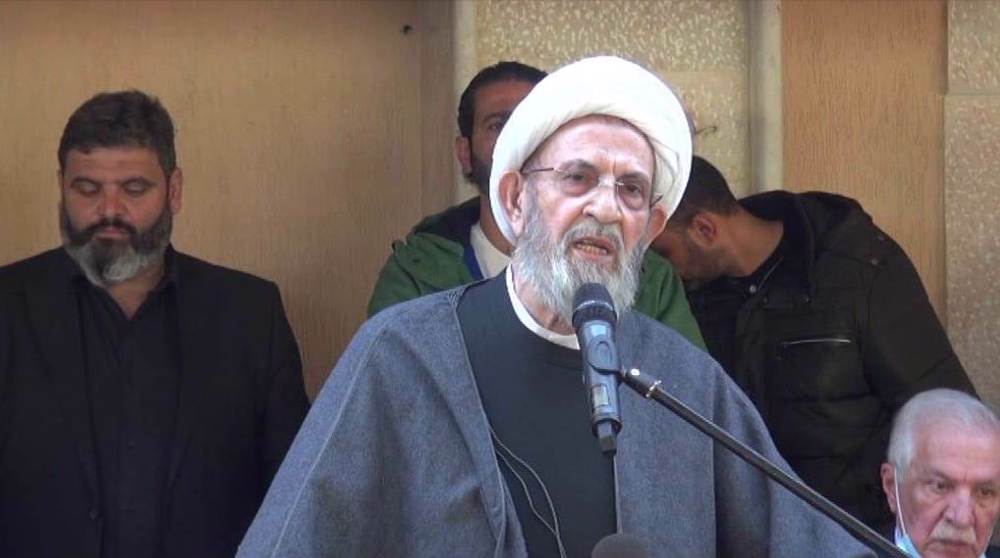
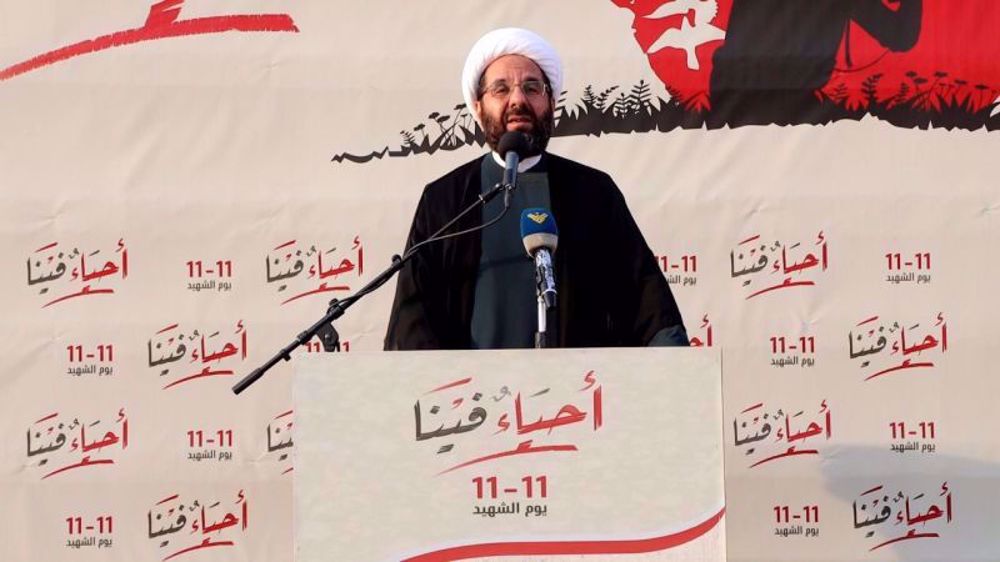

 This makes it easy to access the Press TV website
This makes it easy to access the Press TV website